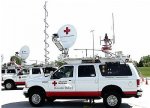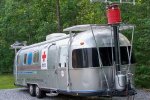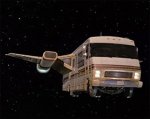Sad, but true ...
I am not trying to be mean to anyone with this post, and everyone is entitled to their opinion. However, at least one commentor on RM-11699 on the FCC website has said that encryption would prevent terrorists from listing in to amateur radio after a disaster. What is said terrorist going to hear if they did listen in? Furthermore with the world of radio communications out there after a disaster that also would not be encrypted why would a terrorist pick the amateur radio frequencies to listen to? They could get a LOT more open intelligence, as always, by monitoring news agencies which, of course, will be transmitting in the clear. This is, of course, assuming that a terrorist is going to even want to listen to disaster communications after the fact. Most terrorist acts are quick strikes that allow terror to build after the event (thus they are called terrorists). Guys, again with no disrespect meant, this would be the type of thing that some have labeled "whacker" or "over the top" etc. Also some have asserted, on the FCC website, that encryption would somehow combat radio interference or make transmissions stronger. This is simply not the case. If the transmission has interference then it is harder for the encrypted data to come through clear enough for the receiver to decode it into clear audio. If there is heavy RF interference on a band then encryption would further limit, not enhance, the range and use of the radio. Again, I urge everyone to make their comments but do so knowledgably.
Christian KF4ZMB






